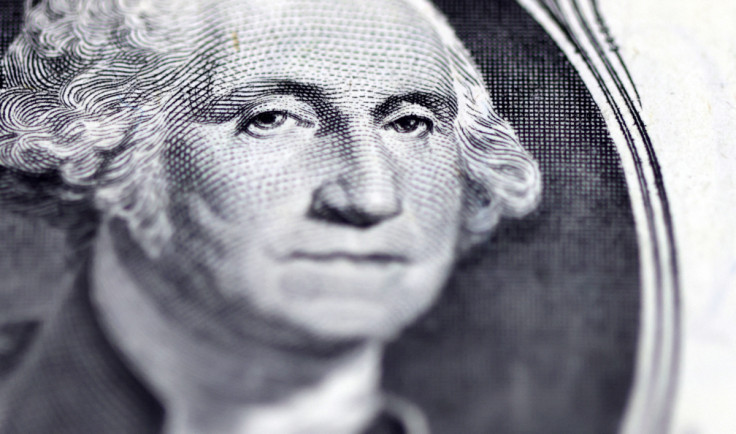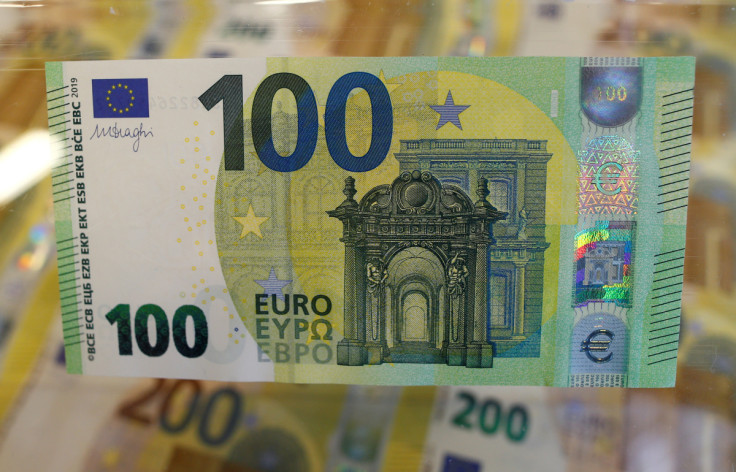European shares slip, euro firm as data tees up ECB rate hikes
The euro held near a nine-month high against the dollar on Tuesday, though European stocks eased after regional business activity data reinforced expectations that the European Central Bank (ECB) will raise rates by a further 50 basis points.

The euro held near a nine-month high against the dollar on Tuesday, though European stocks eased after regional business activity data reinforced expectations that the European Central Bank (ECB) will raise rates by a further 50 basis points.
Euro zone business activity made a surprise return to growth in January, according to a survey - the latest sign that the downturn in the bloc may not be as deep as feared.
S&P Global's flash Composite Purchasing Managers' Index (PMI) climbed to 50.2 this month from 49.3 in December, the first time it has been above the 50 mark since June.
Europe's broad Stoxx 600 index lost 0.4% after the numbers, which analysts said suggests the ECB can continue to raise rates to curtail inflation, without worrying too much about damaging growth.
"For the ECB, this should seal the deal for a 50-basis point hike next week," said ING economists in a note.
U.S. PMI data is due later in the day, and, according to Fiona Cincotta, an analyst at Cityindex, a weak print pointing to a slowdown "could be a case of bad data being good news for the stock market" given what it could mean for expectations for the Federal Reserve's policy path moving forward.
"We're still pretty Fed-focused right now, with the meeting coming up next week. The market is of the extremely optimistic view that there will be two rate cuts by the end of the year."
The Federal Reserve's rate setting committee concludes its two-day meeting on Feb. 1, with the ECB and Bank of England meeting the next day.
MSCI's world index was steady, having touched a fresh seven-month high early on, after shares gained in the U.S. overnight, and in Asian markets not on holiday for the Lunar New Year earlier in the day.
Japan's Nikkei closed at a more than one-month high, recovering all its losses since the Bank of Japan's surprise policy tweak last month, though U.S. S&P500 futures dropped 0.27% on Tuesday.
News was less good in Britain however, where the flash Composite PMI dropped to 47.8 in January from 49.0 in December, the lowest since January 2021. Britain's FTSE 100 lost 0.34% and the pound slid 0.7% against the dollar to $1.2282.
The euro, in contrast was steady at $1.0862, just off its nine-month high of $1.0927 hit a day before.
Hopes of a better economic outlook in Europe, along with suggestions the U.S. Federal Reserve may slow rate hikes more quickly than the ECB, have supported the euro and other neighbouring currencies.
Government bonds globally were muted with the benchmark U.S. 10-year Treasury yield little changed at 3.5097%. Germany's 10-year yield was steady at 2.20%.
Oil held onto recent gains from optimism around China's reopening. Brent crude was last 0.4% higher at $88.59, just off Monday's near eight-week high of $89.09. [O/R]
Gold was up 0.2%, having earlier hit a new nine-month top, as the precious metal continued to be helped by the weaker dollar. [GOL/]
(Editing by Christina Fincher and Sharon Singleton)

Copyright Thomson Reuters. All rights reserved.


















